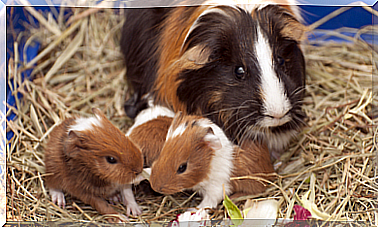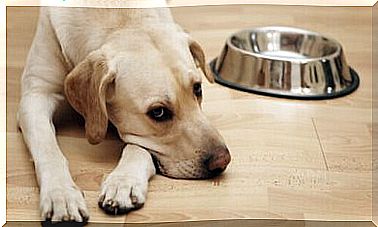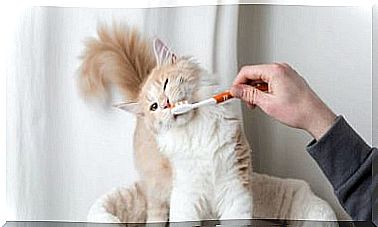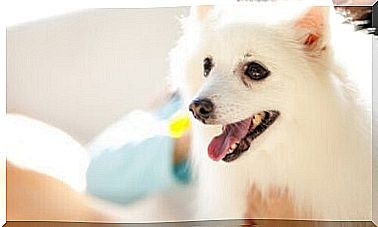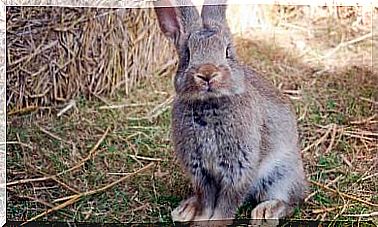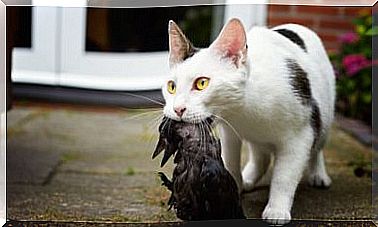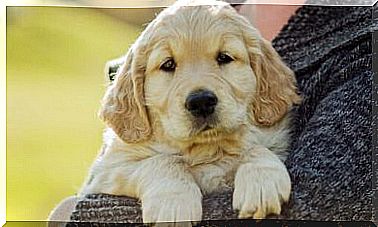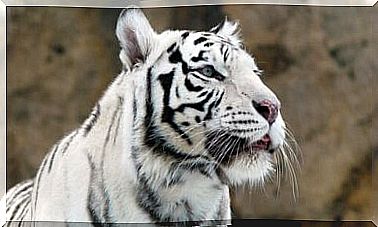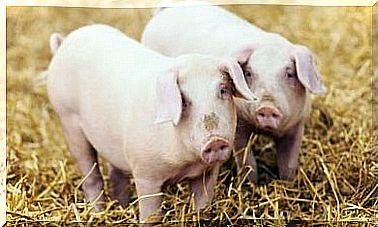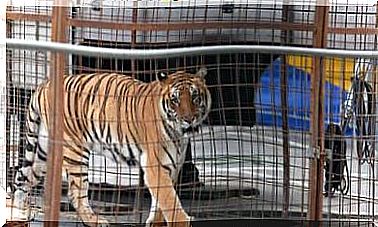Synthetic Vitamins And Minerals In Dog Food
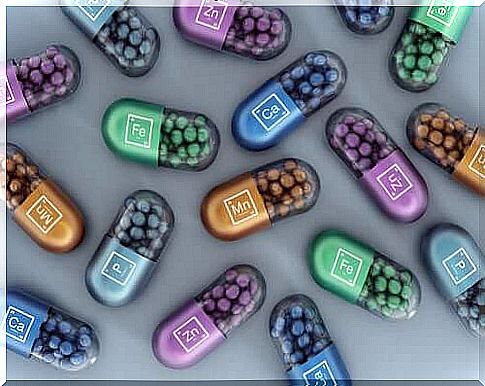
What do you know about the presence of synthetic vitamins and minerals in dog food? It is important to have a certain knowledge of this subject to be able to provide the best food for your faithful four-legged friend.
The commercialized dog food goes through rigorous chemical and biological tests, all of them to determine that they cannot cause toxicity due to the excess of certain nutrients. Also, they must be palatable, meaning dogs must like them.
It is important that they go through controls that verify that the concentration of different levels of nutrients is within the limits established by law. It is also necessary that further experiments are carried out to determine whether dogs prefer one or the other food.
We can understand what’s in our dogs’ food by checking the labels containing their nutritional information. These components usually vary according to the age of the dog for which they are intended, its level of physical activity and its state of health.
What are the essential nutrients contained in dog food?
Each species has different nutritional requirements. This can be seen clearly if we compare the feeding of a dog with that of a parakeet, for example.
However, it may be more difficult to identify the distinctions if we are comparing the feeding of a cat and that of a dog. Still, these animals have different requirements. For example, the addition of an amino acid called taurine is essential for cats.
The essential nutrients contained in rations that cannot be lacking in a dog’s diet are:
- Proteins, whose amino acids are: arginine, histidine, isoleucine, leucine, lysine, methionine, methionine + cystine, phenylalanine, phenylalanine + tyrosine, threonine, tryptophan and valine.
- Fats of animal origin that include the essential fatty acids: linoleic acid (omega-6), arachidonic acid (omega-6) and alpha-linolenic acid (omega-3).
- Minerals: calcium, phosphorus, potassium, sodium, chloride and magnesium.
- Trace elements: copper, iodine, iron, manganese, selenium and zinc.
- Vitamins: Vitamin A, Vitamin D, Vitamin E, Thiamine, Riboflavin, Pantothenic Acid, Vitamin B6 (pyridoxine), Vitamin B12, Niacin, Folic Acid, Biotin, Choline, Vitamin K.
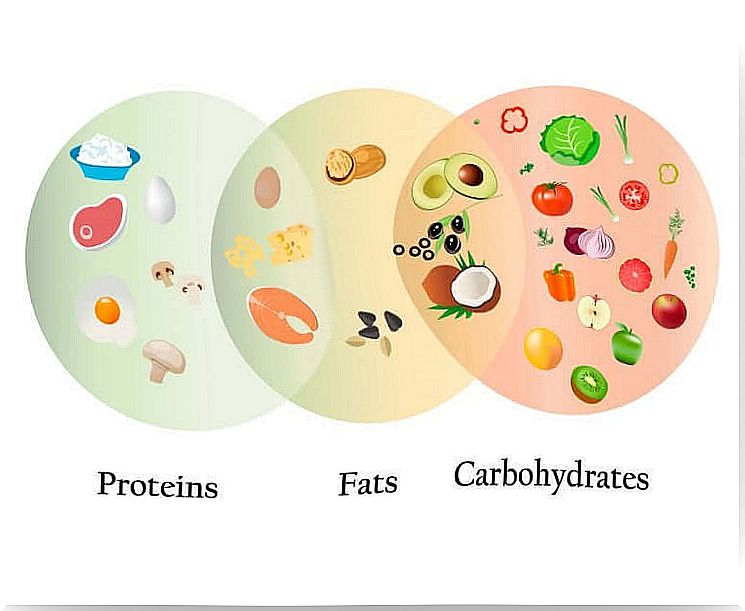
Where do the synthetic vitamins and minerals contained in dog food come from?
Vitamins and minerals are included in the food matrix. This means that these substances are found in the natural structure of fresh food.
If natural foods are processed through mechanical, chemical or physical procedures, as is usually the case with animal feed, these substances are often degraded.
On a diet based on “real” or lightly processed foods, such as the BARF diet for dogs, essential nutrients remain unchanged. This is a healthier and more complete diet as long as all necessary foods are provided.
For example, a natural diet for dogs cannot be based on meat alone; they must also consume viscera, bones and some plant foods.
In dog food, some of these vitamins and minerals remain unchanged, but in most cases they are lost. It can also happen that the natural product the feed was made from is not of good quality, so the feed becomes even worse.
To cover these deficiencies, minerals and vitamins are synthesized and added later, until the levels required by law are reached.
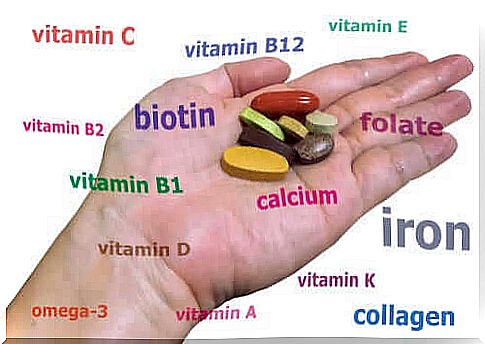
Are synthetic vitamins and minerals harmful?
As long as the different levels of these added substances are controlled through laboratory analysis, synthetic minerals and vitamins do not harm the animal’s health.
All substances added to animal feed are previously tested in animal models under laboratory conditions.
However, there are substances, such as additives, preservatives and colorings, which are added to the feed for different reasons and which, in certain amounts, could be harmful.
Finally, there have been cases of intoxication due to excess vitamin D in feeds sold in many countries around the world, which were quickly eliminated from the market.
In this case, the tests did not detect the excess of this vitamin, which caused health problems in many pets.
